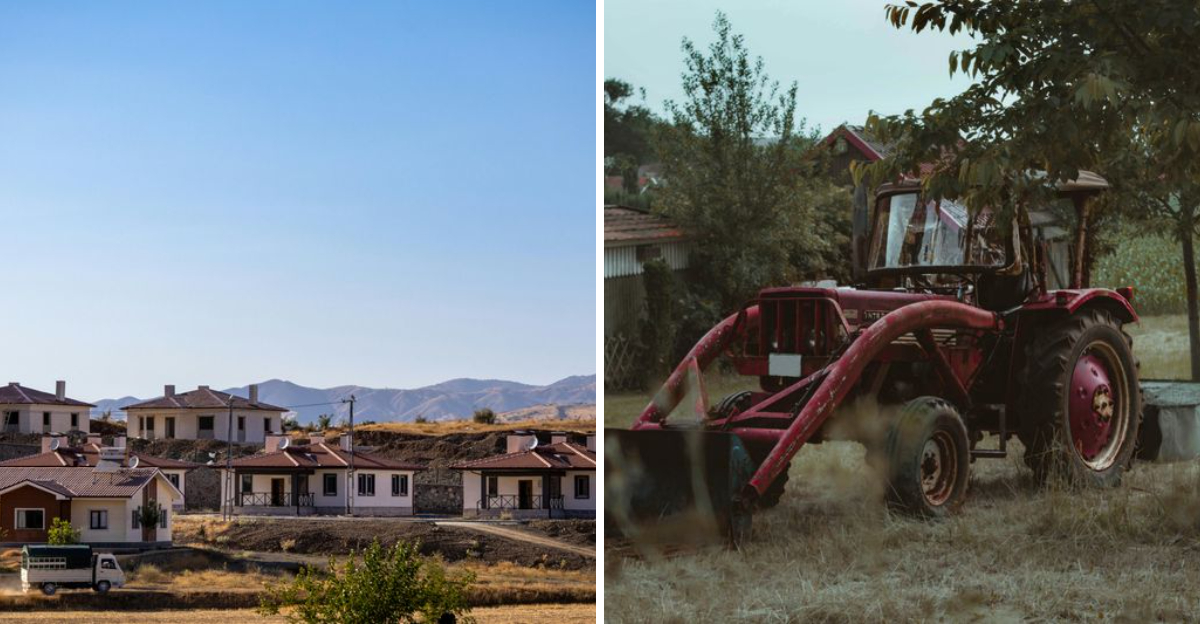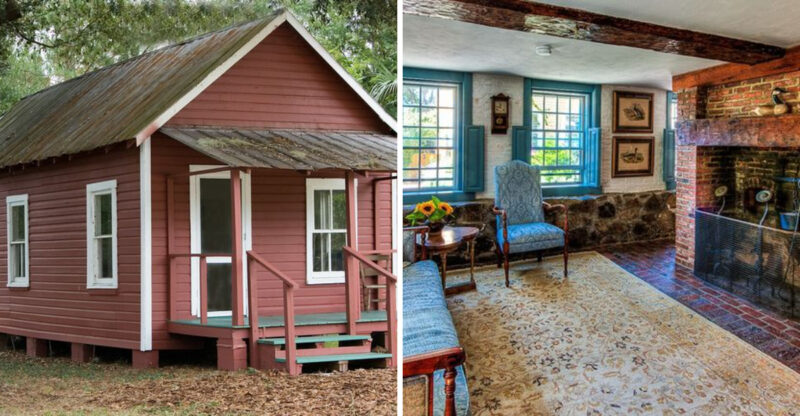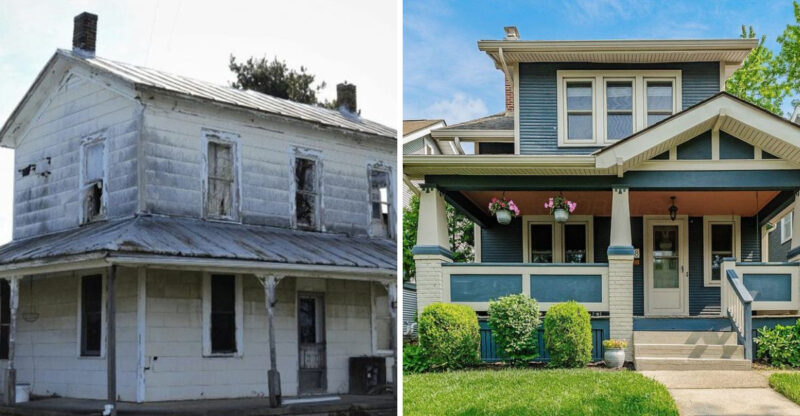12 Realities Of Country Living You Should Consider

Trading city lights for country stars might seem like a dream come true, but rural living comes with its own set of challenges.
Before you pack up and head for the hills, it’s worth understanding what daily life really looks like away from urban conveniences. Here’s what you should know about country living before making the big move.
Keep in mind, every experience is unique. These insights can help you prepare, but may not cover everything.
1. Medical Care Might Be Miles Away
Ever wondered how far you’d drive for a medical emergency? In rural areas, hospitals can be an hour or more away, and specialized care even further.
Medical facilities in the countryside often have limited services compared to city hospitals. For serious conditions, you might face lengthy travel times that could impact treatment outcomes.
Keeping a well-stocked first aid kit becomes essential rather than optional when living rurally.
2. Grocery Runs Become Planned Expeditions
Gone are the days of quick trips to the corner store when you run out of milk! Shopping becomes a strategic operation requiring lists, coolers, and at least half a day.
Most country dwellers shop in bulk and freeze or preserve foods to reduce trips. Your pantry will likely expand to accommodate staples that prevent unnecessary journeys to town.
Though inconvenient, these planned expeditions often save money as impulse purchases decrease dramatically.
3. Internet That Tests Your Patience
How attached are you to streaming movies or video calls? Rural internet can range from frustratingly slow to completely nonexistent, depending on your location.
Satellite options exist but often come with data caps and weather-related outages. Working remotely becomes challenging when your connection drops during important meetings.
Many country residents find themselves frequenting local libraries or cafés for reliable connections when crucial online tasks arise.
4. Limited Social And Dining Options
Where will you meet friends for coffee? The social scene shifts dramatically in rural areas, with fewer restaurants, bars, and entertainment venues.
Instead of choosing between dozens of cuisines, you might have access to just a handful of local establishments. Home cooking becomes less of a choice and more of a necessity.
Community events like potlucks, church gatherings, and school functions often replace commercial entertainment options.
5. Becoming Your Own Handyman
When the sink leaks at 2 AM, professional help might be days away. Country living practically forces you to develop a diverse set of repair skills.
YouTube tutorials become your best friend as you learn to fix appliances, patch roofs, and tackle plumbing emergencies. A well-stocked tool shed is as important as your kitchen in rural settings.
Though challenging at first, this self-reliance eventually becomes a point of pride for most country dwellers.
6. Wildlife Becomes Your Neighbor
Did you know deer can demolish a garden overnight? Wildlife encounters range from charming to destructive when you live in their territory.
Bears might investigate your trash cans, raccoons could raid your chicken coop, and snakes may sunbathe on your porch. Coexisting with nature requires adaptations like proper food storage and wildlife-resistant structures.
Though sometimes challenging, these wild neighbors also provide magical moments that city dwellers rarely experience.
7. Powerless Nights Happen Regularly
When storms hit rural areas, power restoration takes longer than in cities. Your home might be at the end of the utility company’s priority list.
Outages lasting days rather than hours aren’t uncommon, especially after severe weather. Alternative power sources like generators or solar systems become worthwhile investments rather than luxuries.
Many country homes still use wood stoves or fireplaces not just for charm but as essential backup heating during these extended outages.
8. Commuting For Work Becomes Significant
Unless you work remotely, prepare for serious commute times. Rural job markets offer limited opportunities, often requiring drives to larger towns or cities.
The daily journey might add hours to your workday and hundreds to your monthly fuel budget. Some country residents eventually adapt by changing careers to something that works locally or can be done from home.
Winter weather adds another layer of complexity when snowy or icy roads make commutes not just longer but potentially dangerous.
9. Everyone Knows Your Business
Think small towns are private? Think again! Rural communities often function as extended families where news travels faster than internet speeds.
Your new roof, visiting relatives, or recent car purchase becomes common knowledge surprisingly quickly. This interconnectedness has benefits, neighbors watch out for each other and offer help during tough times.
However, adjusting to this fishbowl existence requires a mindset shift for those accustomed to urban anonymity.
10. Seasonal Chores Demand Attention
Seasonal maintenance isn’t optional in the country, it’s survival. Winter brings snow removal that can’t wait if you need to get out for work or supplies.
Summer means keeping wells functioning and fire risks minimized. Spring and fall involve preparing equipment and property for the extreme seasons that follow.
These essential tasks create a rhythm to country life that connects you to the land but also demands significant time and energy throughout the year.
11. Pests Become Your Problem Alone
Without city pest control services, dealing with mice, insects, and other unwanted visitors falls entirely on you. Country homes face unique pest challenges that urban dwellers rarely encounter.
Field mice seeking winter shelter, carpenter ants exploring wooden structures, and wasps building nests become your responsibility to manage. Learning prevention techniques becomes as important as knowing how to address infestations.
Many rural residents develop their own systems using both natural deterrents and strategic professional help when necessary.
12. Property Upkeep Never Ends
How much free time do you have for property maintenance? Country living often means managing acres rather than yards, with corresponding workloads.
Mowing alone can take hours rather than minutes, while tasks like fence repair, tree management, and driveway maintenance become regular concerns. Equipment costs add up quickly when you need riding mowers, chainsaws, and possibly even tractors.
Though beautiful, those picturesque rural properties demand significant investments of time, energy, and money to maintain.






